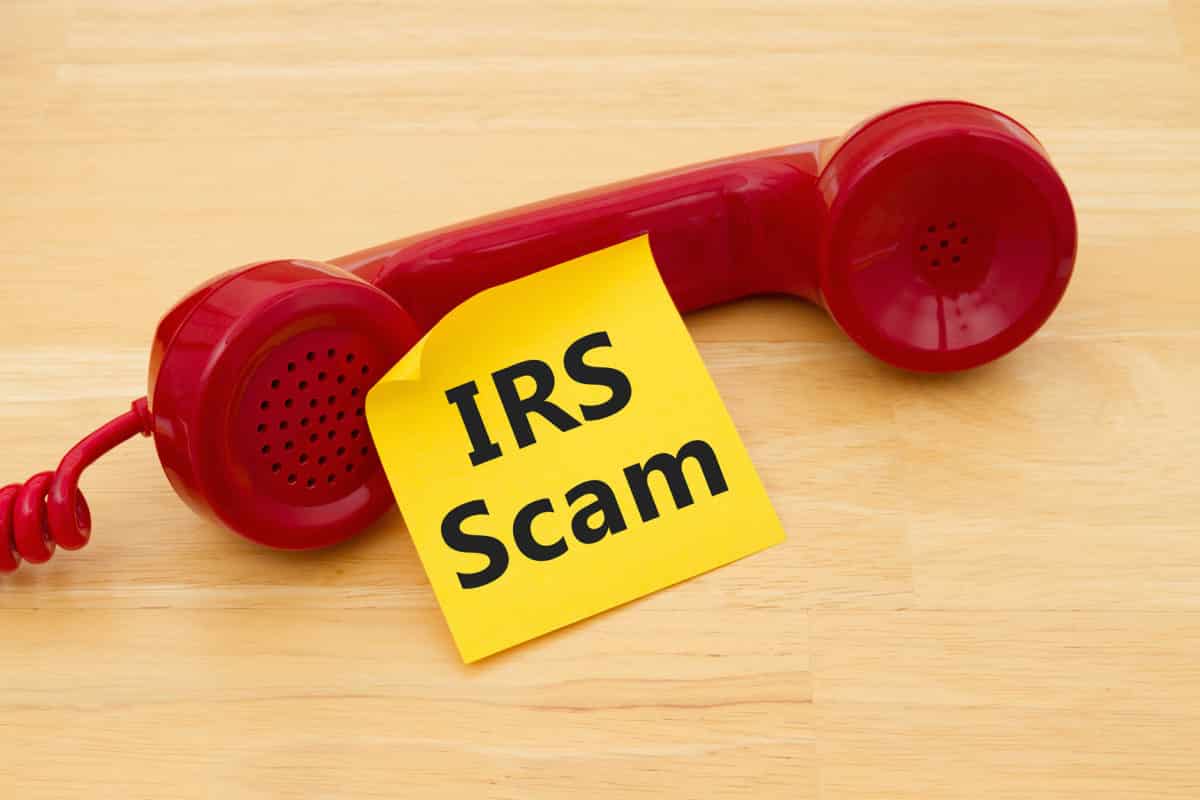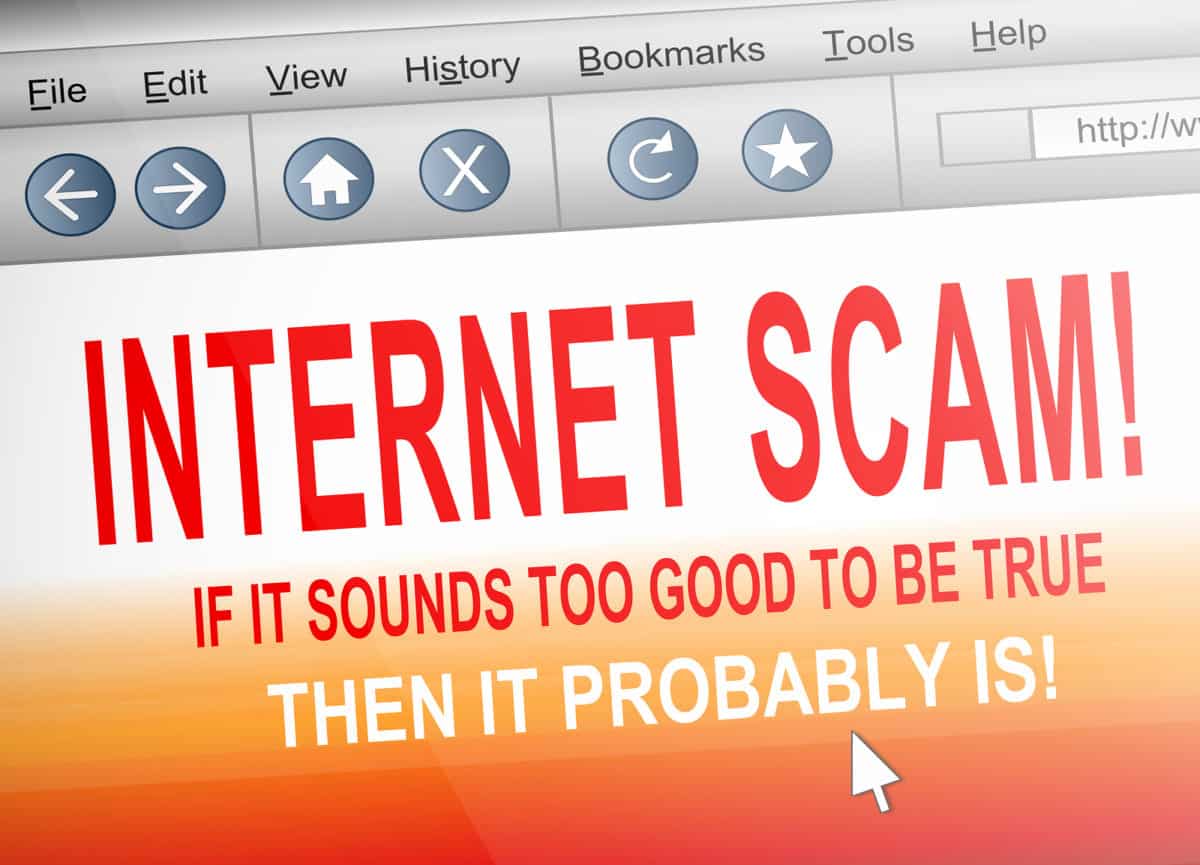Most everyone by now has heard of the email scam involving the Nigerian Prince offering people tens of thousands of dollars if you would help him transfer his funds out of that country and into America. Unfortunately, some people fell for it and sent thousands of dollars to the scammers through western union and other means that were not traceable by banks. Another scam that was somewhat successful before being announced by authorities was targeting people in the retirement age demographic.

The grandparent’s scam
These merciless scammers were calling people to tell them that a beloved grandchild had been in an accident or was arrested doing something illicit in Mexico. They would put a younger person on the phone crying and begging for assistance, always adding “please don’t tell mom or dad.” The frightened grandparent was instructed to send money either by Western Union, Walmart or other untraceable means. The targets were told that their grandchild would not get the necessary medical help or would be found irrevocably guilty if they did not act immediately. Again, thousands of dollars were sent before banks and other institutions uncovered and publicized the scam.

How to handle the IRS scam
One of the newer scams that fewer people are falling for is the one involving the IRS
Targets are told that they did not pay their federal taxes in full, and if they do not send money immediately, police will be dispatched to their home, they will be arrested and most likely lose their bank accounts and homes. Suffice it to say, that the IRS will never call you, however, even if the targets realized it was a hoax, many of them had already given out valuable information such as social security and bank account numbers.
According to authorities, the most recent phone scam is merely trying to get you on record saying “Yes.” They will ask if you can hear them. They will ask if you are happy with one of your utility companies. They will ask if you currently have a credit card or any question that prompts you to respond “yes.” Then they splice the tape and add your response in at the end of their sales pitch and charge you for whatever they are selling. So when you dispute the charge, they send the credit card company a record that they spoke with you on the phone and the recording of you saying yes.
There are some simple steps you can take to protect yourself from these ruthless scammers. First, if you do not recognize a phone number, do not pick up, let it go to voicemail. You can always call the person back if they are legitimate and most scammers won’t leave a voicemail. If you do pick up and an unrecognized voice is peppering you with questions leading you to say yes, say nothing and hang up. You can contact the Federal Trade Commission with their number and report the potential scam. Also be sure to keep a close watch on your bank, credit card and utility statements every month. If you find any irregularities contact the company immediately. And finally, never, never click through any links sent to you through an email. Log out of your email account and contact the company or the person directly by phone to make sure the email was even legitimate before you respond.
For more information please visit Federal Trade Commision
Read more – How you Can Be Charged With a False DUI Shocking News








